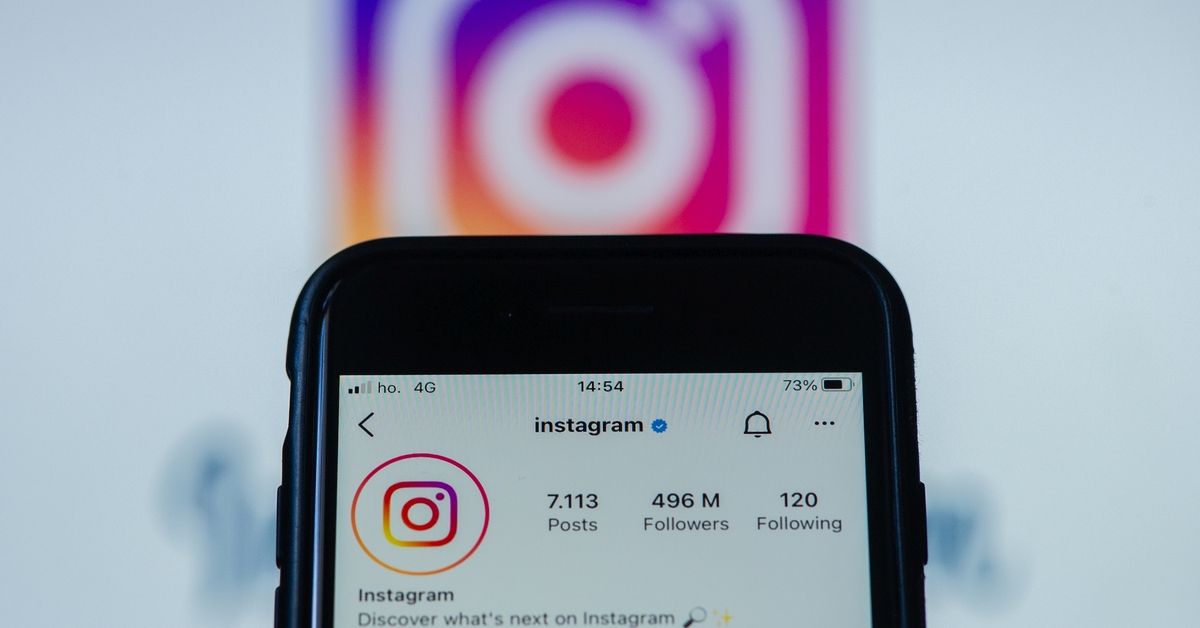Meta, the company formerly known as Facebook, disabled certain "augmented reality" effects and filters for Instagram and Facebook users in Texas and Illinois, in response to major lawsuits in those states over its use of facial recognition tools. However ...
Meta itself voluntarily chose to disable those features. Neither Texas nor Illinois banned them.
Fact Check
In May 2022, various social media users and news outlets reported that the state of Texas had banned the use of certain "augmented reality" filters popular on the photo-sharing app Instagram.
For example, on May 11 @ThatBoyJorddynnn posted a widely shared tweet that stated, simply: "Texas really just banned IG filters off Instagram..."
Several other widely shared social media posts made similar claims that Texas had banned Instagram filters.
Meta, the company formerly known as Facebook, did disable certain "augmented reality" effects and filters, for Instagram and Facebook users in Texas and Illinois, in response to major lawsuits in those states over its use of facial recognition tools.
However, Meta itself voluntarily chose to disable those features. Neither Texas nor Illinois banned them. As a result, we are issuing a rating of "Mostly False."
The full background to those recent developments has been quite protracted and complicated, so the following is a very rough summary of the key events.
- 2008: Lawmakers in Illinois passed the Biometric Information Privacy Act (BIPA). Among other provisions, it prohibits anyone from collecting, buying, or selling the biometric information of others without their knowledge and consent.
- 2009: Lawmakers in Texas similarly passed the Capture or Use of Biometric Identifier Act (CUBI). It too prohibited any actor from capturing the biometric information of another, for commercial purposes, without first obtaining informed consent.
- 2010: Facebook announced it had begun using facial recognition software, originally in the context of photo tagging and "tag suggestions."
- 2015: A small group of Illinois residents sued Facebook in what became a class-action lawsuit, alleging the company had breached their privacy rights, in violation of BIPA, by gathering and keeping digital scans of their faces, without their knowledge or consent.
- 2018: Facebook agreed to settle the lawsuit.
- February 2021: The settlement was finalized, with Facebook agreeing to pay $650 million to somewhere between 7 and 9 million recipients.
- November 2021: Facebook announced it would be shutting down its facial recognition program.
On Feb. 14, 2022, Texas Attorney General Ken Paxton sued Facebook, now known as Meta Platforms, accusing the company of large-scale violations of CUBI, via its facial recognition program. Paxton wrote:
For over a decade, while holding itself out as a trusted meeting place for Texans to connect and share special moments with family and friends, Facebook was secretly capturing, disclosing, unlawfully retaining — and profiting off of — Texans' most personal and highly sensitive information: records of their facial geometries, which Texas law refers to as biometric identifiers.
Paxton has asked a court in Harrison County to put Meta on trial, order the company not to use facial recognition on its apps, delete existing data gathered from facial recognition programs, and pay $25,000 for each violation of CUBI — damages that could amount to billions of dollars if ordered.
Meta has rejected those allegations, claimed CUBI itself is unconstitutional, and asked the court to throw out Paxton's lawsuit.
However, the company has also said it would be temporarily disabling certain "augmented reality" (AR) features on Instagram and Facebook for users in Texas and Illinois. Those features include certain filters, effects, and masks.
In a statement, Meta said:
The technology we use to power augmented reality effects like masks, avatars, and filters is not facial recognition or any technology covered by the Texas and Illinois laws, and is not used to identify anyone.
Nevertheless, we are taking this step to prevent meritless and distracting litigation under laws in these two states based on a mischaracterization of how our features work.
Paxton's lawsuit against Meta did not cite these AR features as instances of the company's alleged privacy violations, and the company itself insists those features bear no relation to the Texas and Illinois biometrics laws in question.
Therefore, while Meta's decision to temporarily disable those features for users in those states came in response to the major lawsuits, it is reasonable to say that it was not taken on pain of penalty. That is, Meta itself chose — more or less freely — to disable those features, so the claim that "Texas banned Instagram filters" is really not accurate. Hence our rating of "Mostly False."


